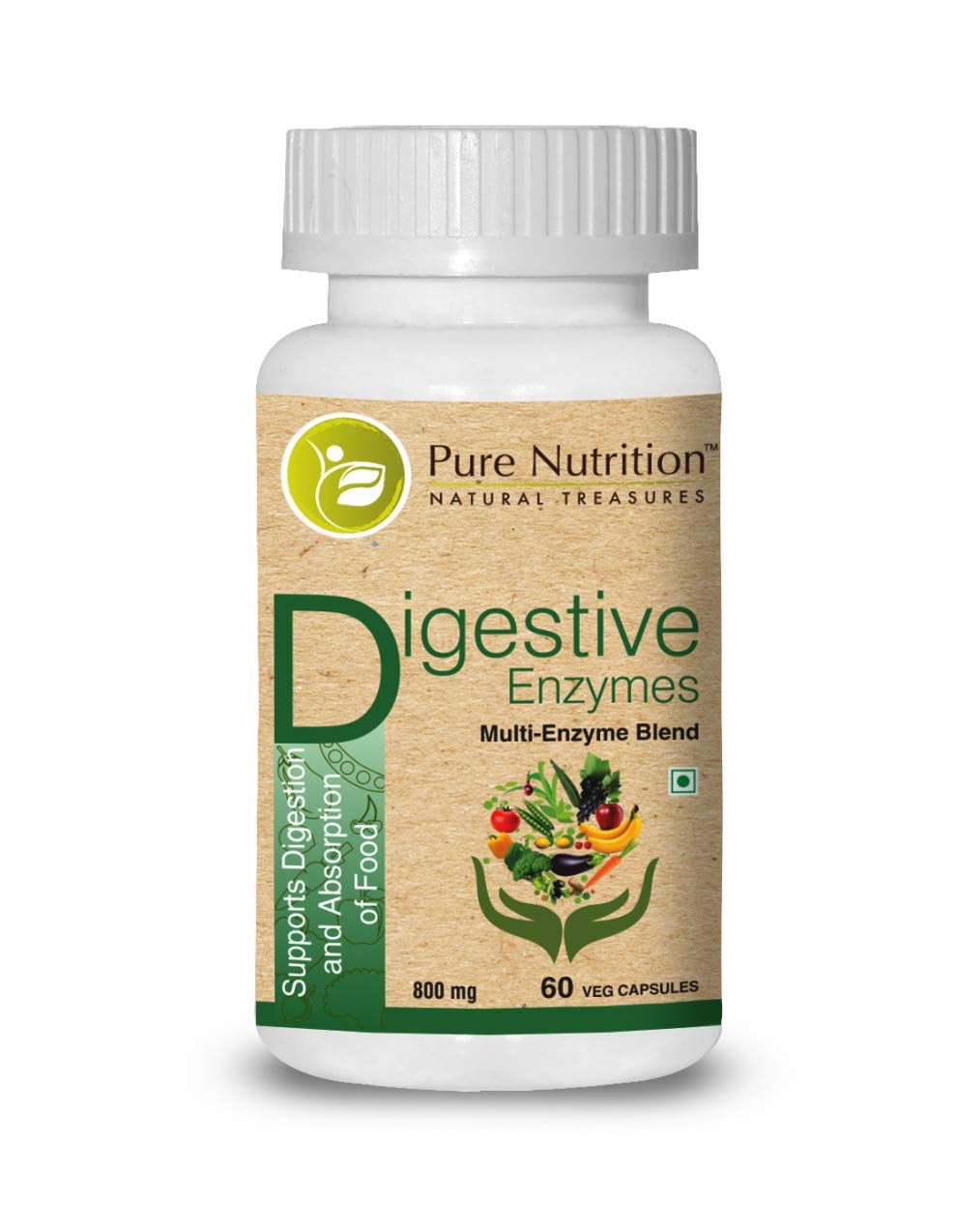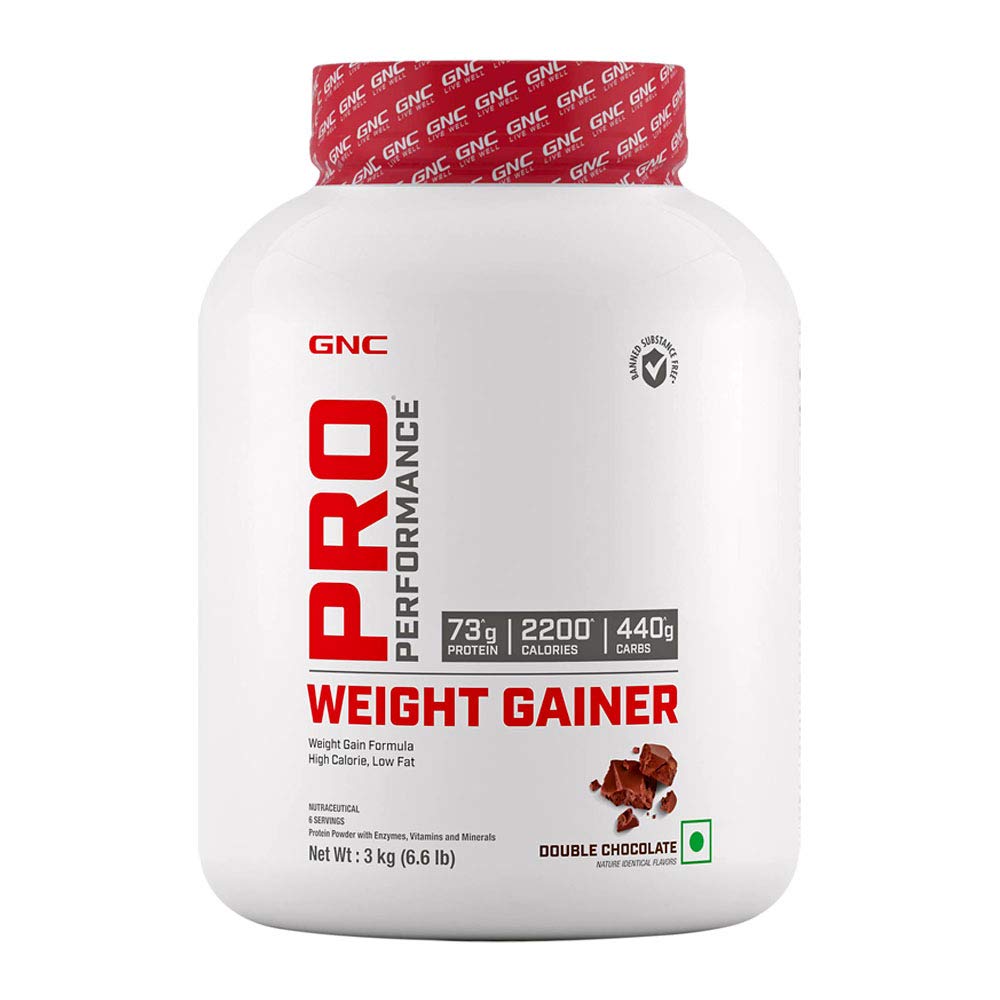Lipase
Micronutrient
Last update date: October 11, 2023
Lipase is a digestive enzyme, produced in the pancreas, mouth, and stomach. It is used to break down fats in the body.
Frequently Asked Questions
1.
What is Lipase?
Lipase is a crucial enzyme that plays a significant role in breaking down fats present in the food you consume, facilitating their absorption in the intestines. This enzyme is produced in the pancreas, mouth, and stomach. While most individuals produce sufficient pancreatic lipase, certain medical conditions like cystic fibrosis, Crohn's disease, and celiac disease may lead to insufficient lipase production, hindering the body's ability to obtain essential nutrients from the food. Apart from lipase, the pancreas also secretes insulin and glucagon, two essential hormones responsible for breaking down sugar in the bloodstream. Additionally, it releases other pancreatic enzymes such as amylase, responsible for breaking down specific starches into sugar components, and protease, which aids in breaking down proteins into individual amino acids.
2.
What is positive impact of Lipase?
In most cases, additional lipase supplements are not required as the body naturally produces sufficient amounts of this enzyme for efficient fat digestion. However, certain individuals with specific health conditions may benefit from lipase supplementation. These conditions include: Celiac disease: Lipase supplements can aid in the breakdown of fats, which might be challenging for individuals with celiac disease to digest properly. Pancreatic insufficiency: Some people may experience reduced lipase production due to pancreatic disorders, leading to difficulties in digesting fats. Lipase supplements can assist in overcoming this deficiency and improve overall nutrient absorption. Cystic fibrosis: Individuals with cystic fibrosis often have pancreatic enzyme insufficiency, including lipase. In such cases, lipase supplementation can be beneficial for enhancing fat digestion and nutrient absorption.
3.
What is negative impact of Lipase?
While lipase supplements are generally safe for most individuals, some mild side effects may occur, such as nausea or stomach upset. It is essential to follow the recommended dosage and consult with a healthcare professional if you experience any adverse reactions. High doses of lipase supplements should be avoided, especially for individuals with cystic fibrosis, as they can potentially worsen symptoms and lead to discomfort. If you are pregnant or breastfeeding, it is crucial to consult your doctor before taking lipase supplements, as there is limited research on the effects of lipase in these situations. Always prioritize a balanced diet and try to obtain essential nutrients through natural food sources. Lipase supplementation should only be considered under specific medical conditions and with the guidance of a qualified healthcare provider.
4.
Who should avoid Lipase?
Currently, there is no specific information available on individuals who should avoid lipase supplements. However, it is always advisable to consult a healthcare professional before incorporating any new supplement into your diet, especially if you have underlying medical conditions or are taking medications.
5.
What are common sources of Lipase?
Lipase is primarily produced in the pancreas and is not typically found in food sources. It is an endogenous enzyme, meaning it is naturally synthesized within your body to support the digestion and absorption of dietary fats. Therefore, rather than seeking lipase from external food sources, focus on maintaining a balanced diet that includes healthy fats and supports your body's natural production of lipase.









